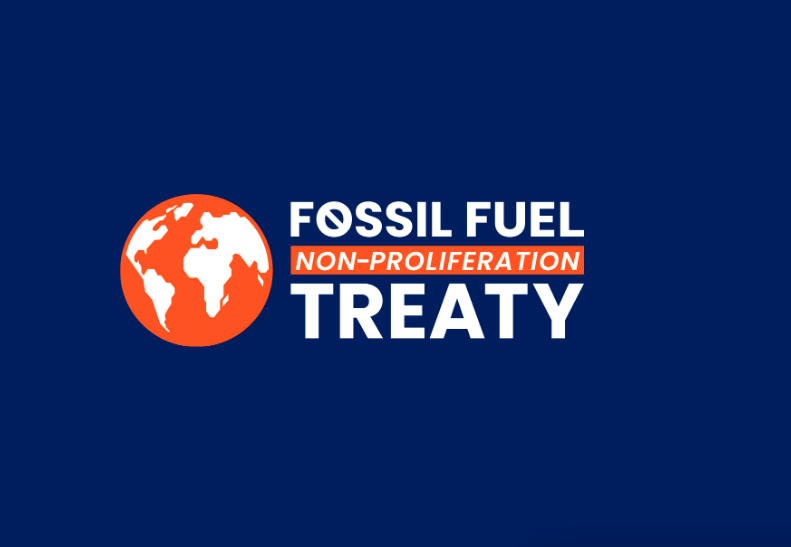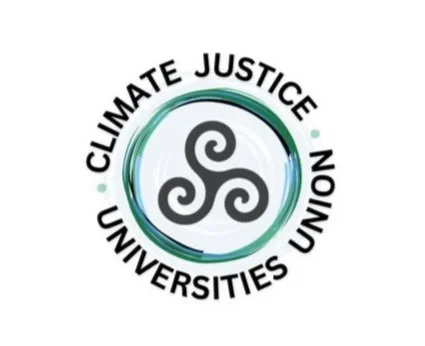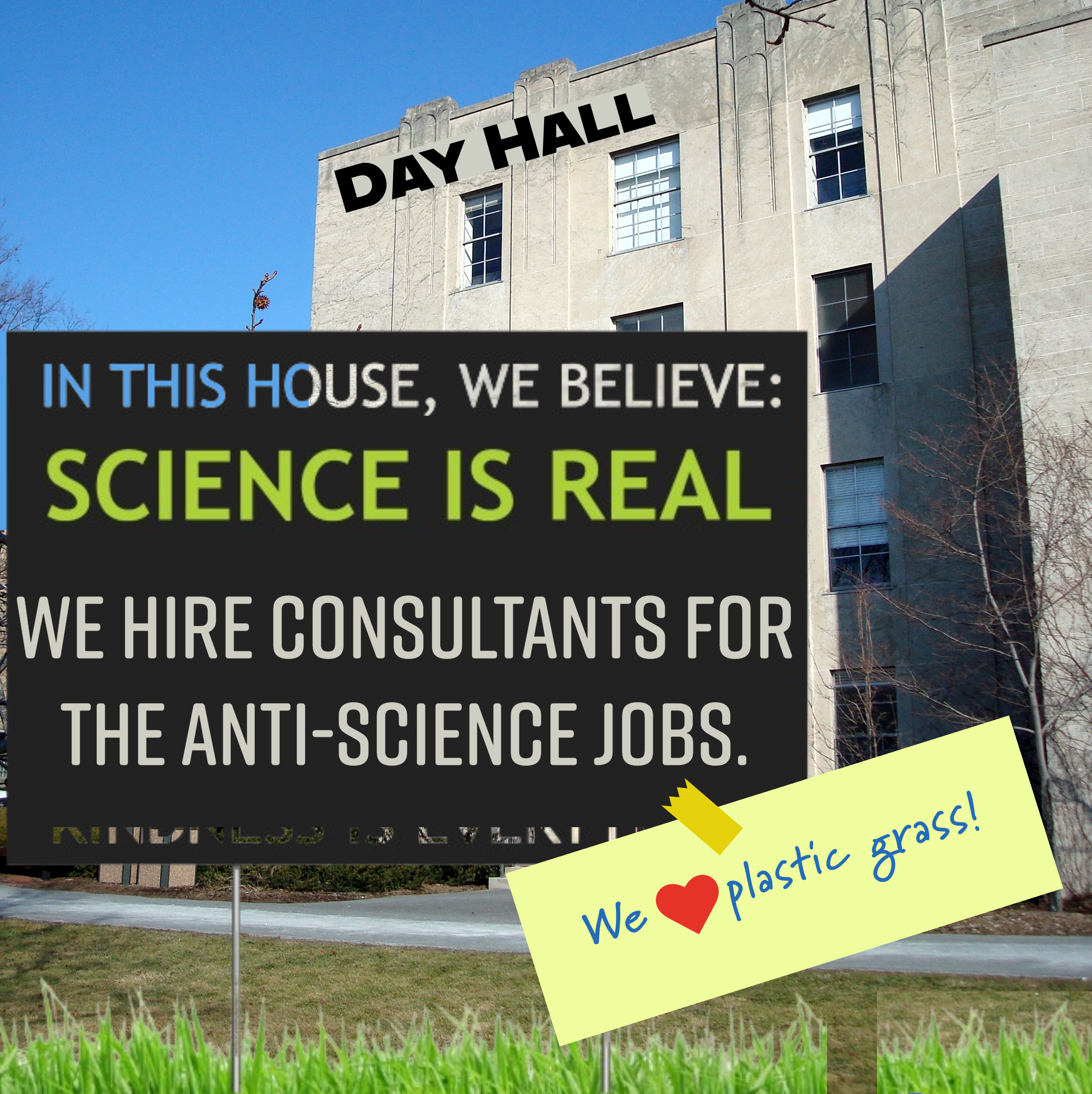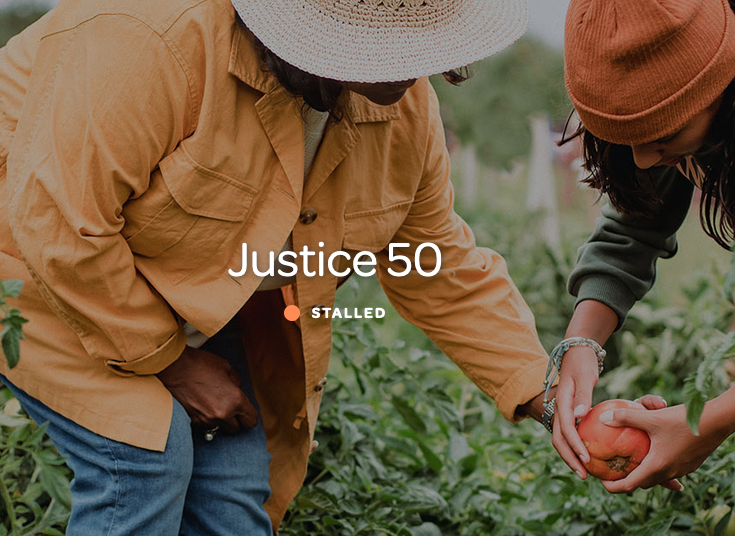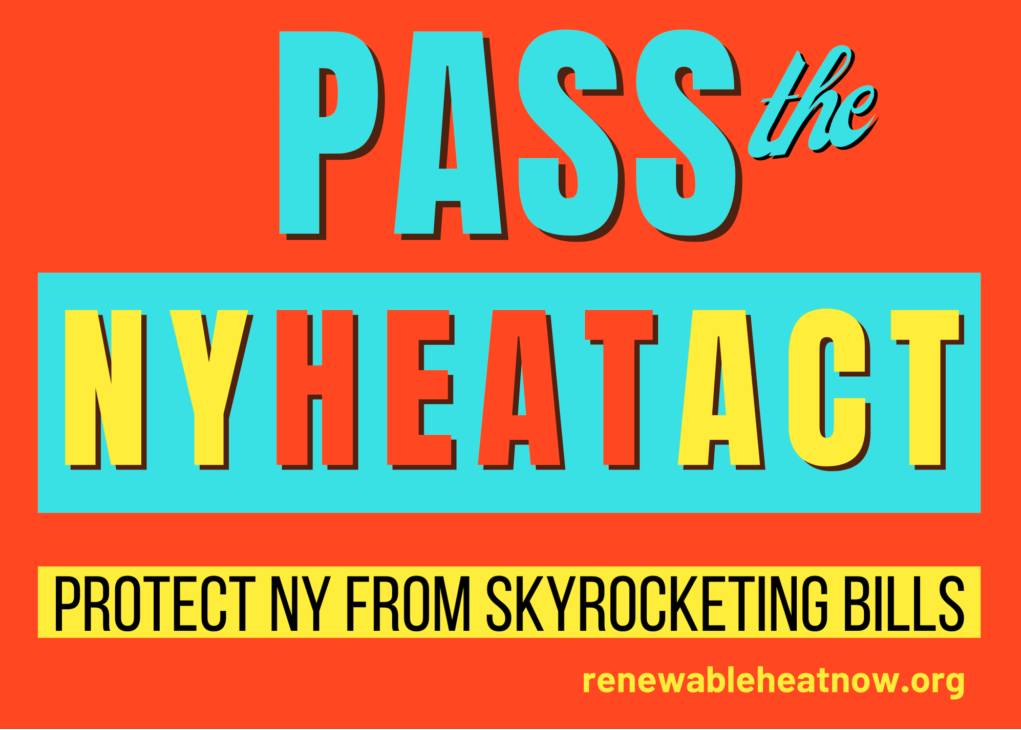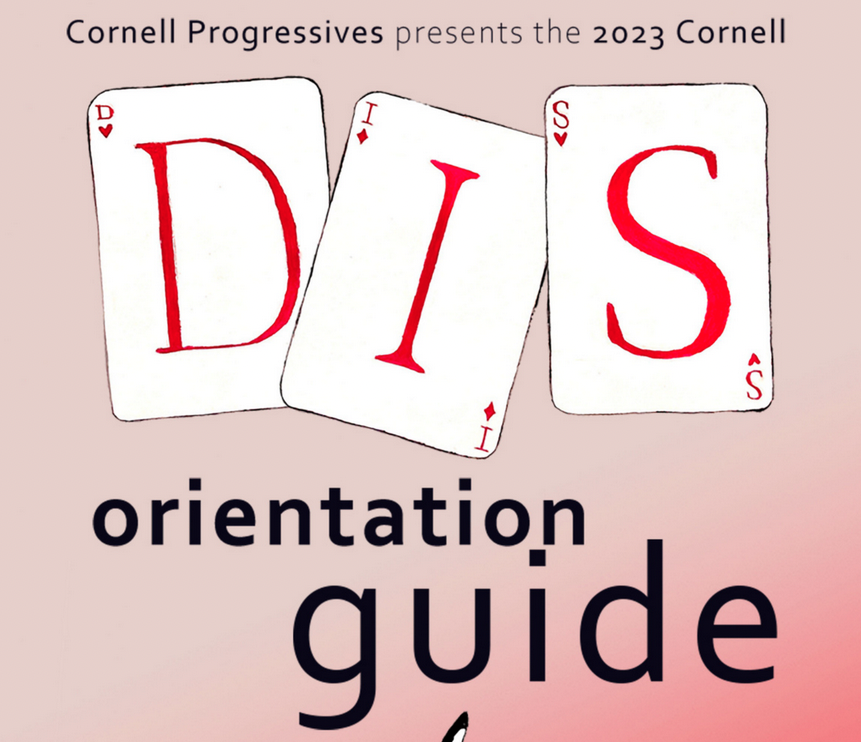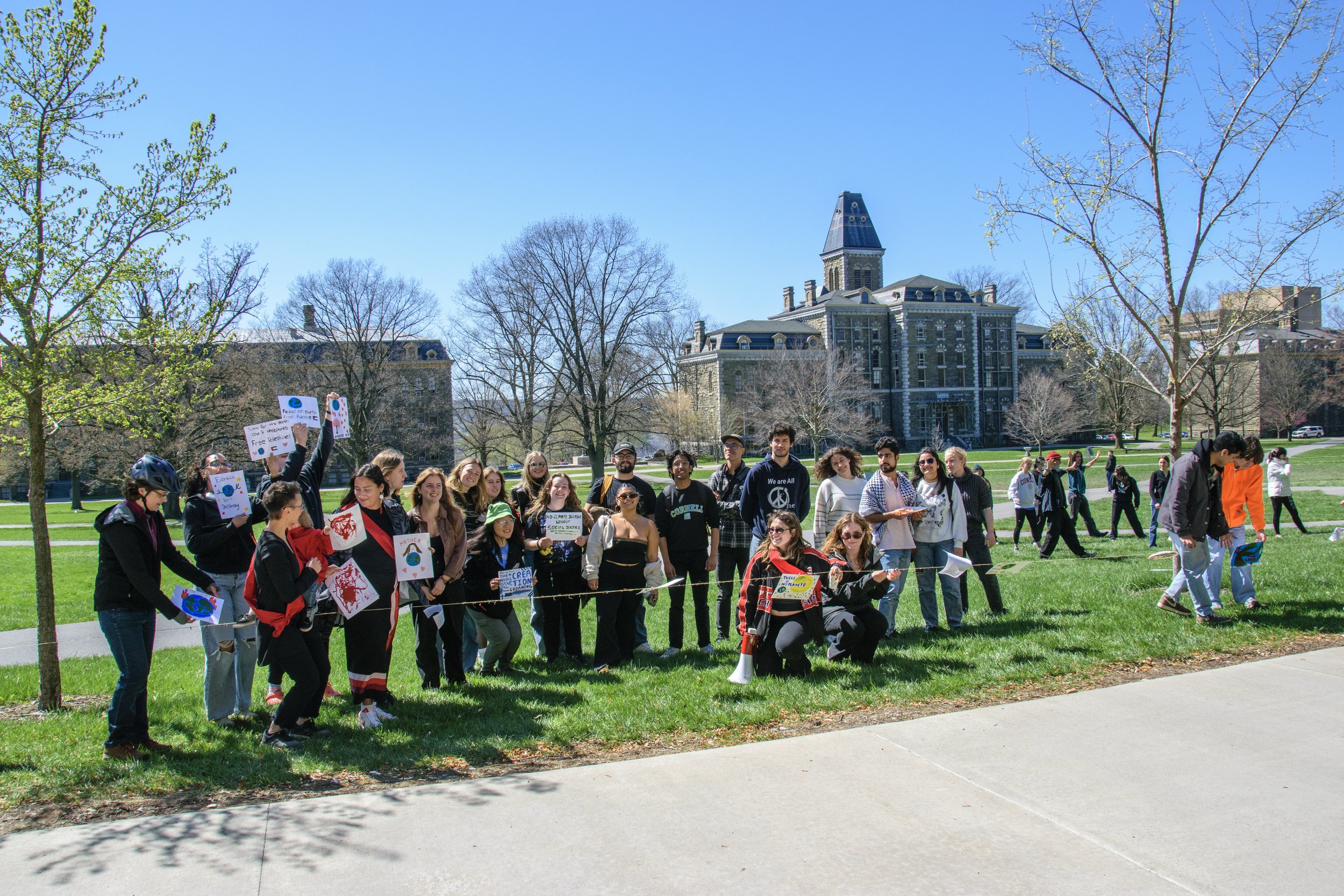
initiatives we support
These initiatives are pushing climate justice forward.
These local truth-telling initiatives are advancing accountability.
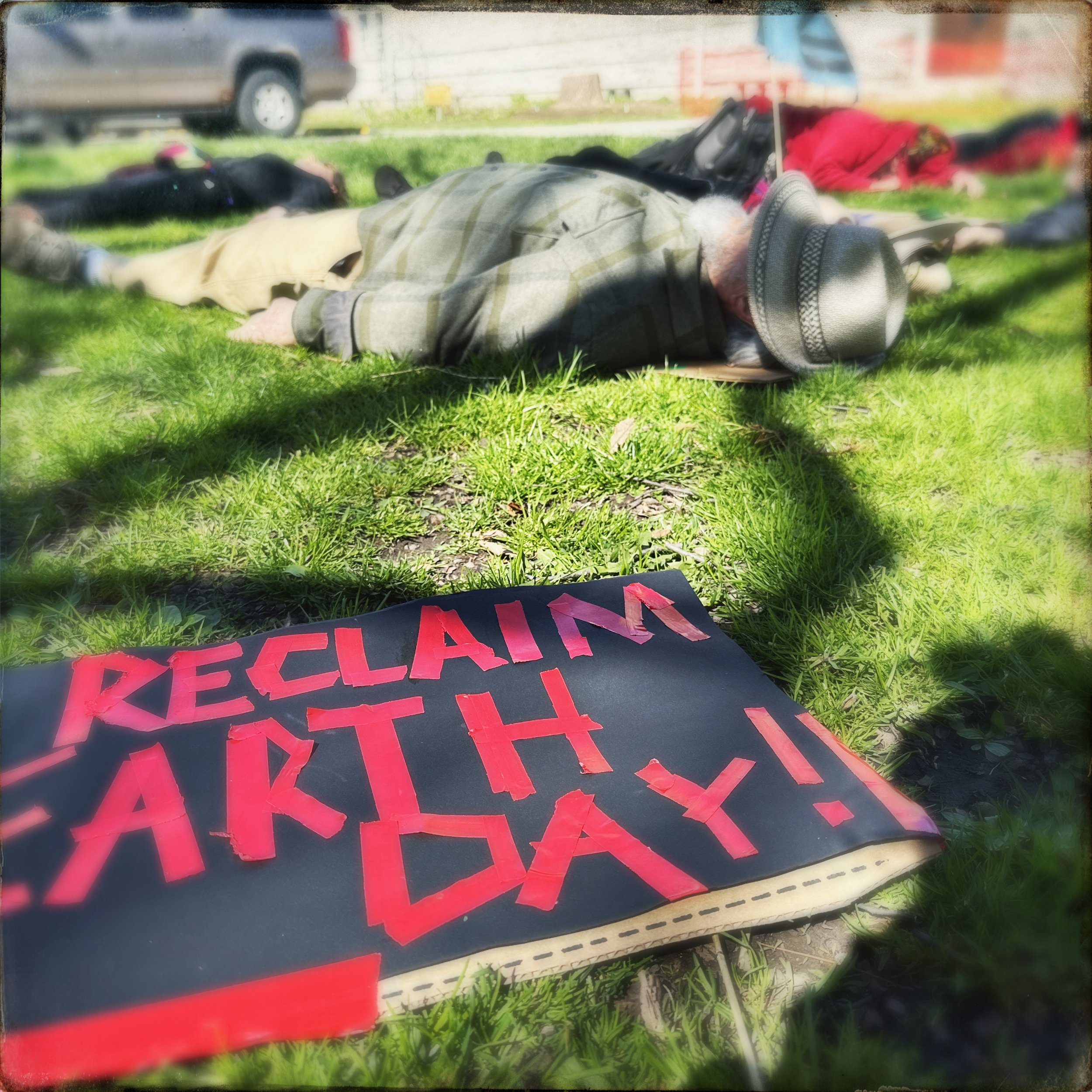
“This ‘collective equanimity in the face of unprecedented risk’ forces us to confront a profound question as academics – given that planetary change threatens the socio-ecological conditions on which our institutions depend…why aren’t many more of us engaging directly with the effort to push for transformative change within our institutions and across broader society?”
-Tierry, Horn, Hellerman, & Gardner, 2023, “No research on a dead planet”
We are grateful to Sara Tro Photography for the images that empower this page.
You can further appreciate Sara Tro’s work on Instagram: filmlovesgirl | or on Facebook: Sara Tro Photography
